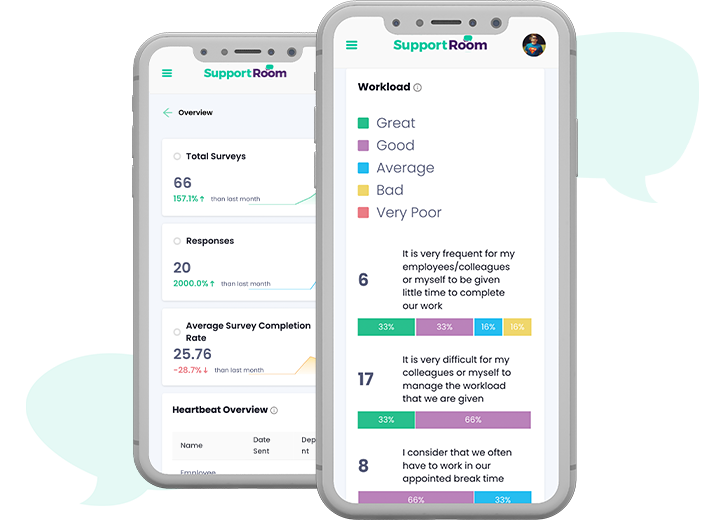OCD Online Therapy Services








- Addiction
- Anorexia
- ADHD
- Bereavement
- Binge Eating Disorder
- Bipolar Disorder
- Body dismorphic disorder
- Depression
- Eating Disorder
- Generalised Anxiety Disorder
- Post-Traumatic Stress Disorder
- Obsessive Compulsive Disorder
- Health anxiety
- Phobias
- Panic attacks
- Postnatal Depression
- Sleep disorders
- Psychosexual Issues
- Self Harm
- Social anxiety
- Stress
- Substance misuse
- Work-related stress
Do you have compulsive, intrusive thoughts that make you feel distressed or disgusted? Perhaps you find yourself doing things to manage your thoughts? These may be signs of OCD.
What is OCD?
Obsessive-Compulsive Disorder (more often referred to as OCD) is a common anxiety disorder; a condition where you have obsessive thoughts that almost force you into compulsive activities to “neutralise” them.
People with OCD experience obsessive thoughts that they can’t shift: an unwanted thought, urge or image that can be upsetting, disgusting, or challenging in some way.
These thoughts often lead to compulsive behaviours: a repetitive action (that could be a thought process as much as a physical action) that you feel like you MUST carry out to quieten and calm the obsessive thoughts.
What to do if you have OCD
OCD is more common than you might expect: around 1% of the UK population have diagnosed OCD – that’s not including the people who haven’t been diagnosed.
A typical cycle of OCD activity comes from an obsession that leads to a compulsion; a bit like this:
- Obsession – an unwanted thought, urge, or image continually enters your mind
- Anxiety – the unwanted nature of the obsession provokes intensive distress and anxiety
- Compulsion – a repetitive mental act or physical behaviour that brings relief to the anxiety.
- Temporary relief – the compulsion allays the obsession temporarily, but it’s likely to return, sparking a rebound of the entire cycle
OCD can be exhausting and distressing, with the constant need to alleviate the distress caused by the obsessive thought or urge.
What are common signs of OCD?
Common obsessions can be:
- Fear of contamination
- Fear of harming yourself or others
- Obsessions of perfection
Fear of contamination, leading to repeated handwashing is a common outcome of OCD, but the compulsion could be something very subtle, like foot tapping or touching one’s face. Some people learn to live with it, or the symptoms diminish over time.
However, some people find the severity of their symptoms quite crippling, becoming a real disturbance in their daily lives.
I have OCD, what should I do?
If you recognise these symptoms and obsessions, you might be suffering from OCD.
If you find that OCD is affecting your quality of life, you can get help by learning to cope with the symptoms and address the root causes of your distress.
Remember: you’re absolutely not on your own: there are people who can help.
At SupportRoom, we can find the right approach to treatment that will help improve and overcome your symptoms.

Get a free Heartbeat Survey.
Let us uncover the true state of your team’s wellbeing with a free mental health survey for your entire organisation.
Gain valuable insights to see how you can better support your team’s mental health and performance.
No pitch. No credit card required.
Therapy on your terms
Get face-to-face, online help from a highly-qualified therapist who can help you regain control.
